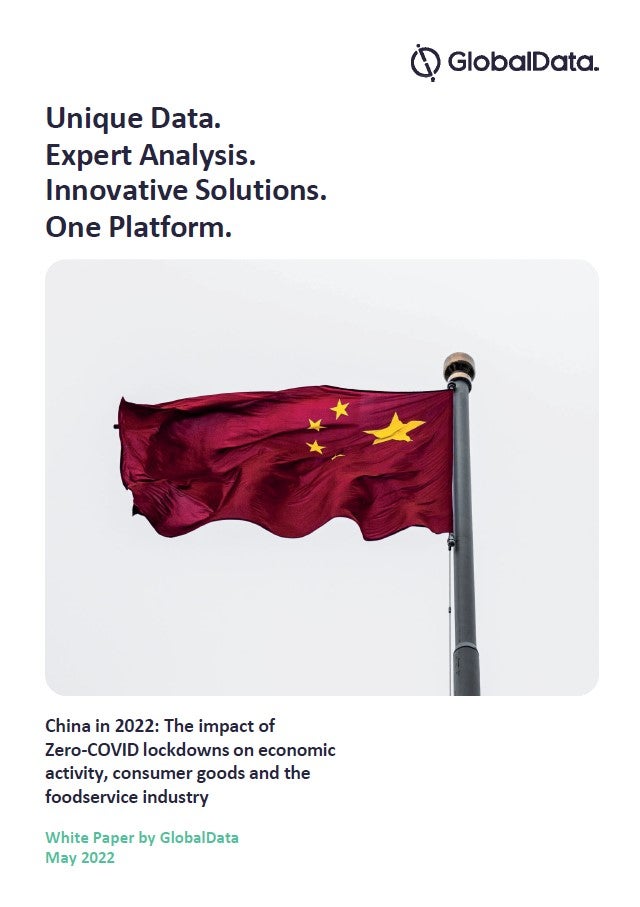
At a virtual meeting with the US Chamber China Center Advisory Board and the US-China Business Council this week, United States Trade Representative Katherine Tai discussed trade issues between the two countries.
Trade relations soured between the US and China during Donald Trump’s administration, during which time he imposed punitive tariffs on apparel imports into the US.
How well do you really know your competitors?
Access the most comprehensive Company Profiles on the market, powered by GlobalData. Save hours of research. Gain competitive edge.

Thank you!
Your download email will arrive shortly
Not ready to buy yet? Download a free sample
We are confident about the unique quality of our Company Profiles. However, we want you to make the most beneficial decision for your business, so we offer a free sample that you can download by submitting the below form
By GlobalDataThe tit-for-tat trade war was instigated by a Section 301 investigation into China’s acts, policies, and practices related to technology transfer, intellectual property and innovation. Punitive tariffs were first introduced on US imports from China in July 2018.
These have yet to be removed by successor President Joe Biden. On cotton shirts, for example, the extra punitive tariff remains 7.5% on top of the regular duty rate of 19.7%.
However, Ambassador Tai has said the Biden-Harris Administration and USTR are conducting a comprehensive review of US-China trade policy. She acknowledged the significance of the US trade relationship with China, and emphasised the importance of a thorough strategic assessment to craft “resilient trade policy” that supports the Administration’s efforts to “create jobs, raise wages, and strengthen our communities”.
Tai highlighted the Biden-Harris Administration’s focus on making historic investments to strengthen the economy and rebuild relationships with key allies and partners. The Ambassador also reiterated USTR’s commitment to addressing China’s unfair trade policies and non-market practices that undermine American businesses and workers.
Members of both organisations shared their perspectives on the US-China trade issues, including the challenges and opportunities within the China market.
Ambassador Tai pledged to continue engaging with all US stakeholders, including the US Chamber China Center Advisory Board, the US-China Business Council, and their respective members, to gather their input and feedback on these important issues.




